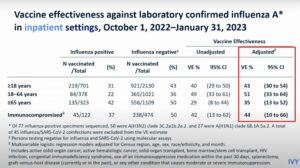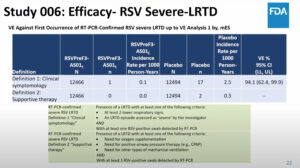NEW YORK (Reuters Health) – For asymptomatic bacteriuria in pregnant women, a 1-day regimen of nitrofurantoin is significantly less effective than the standard 7-day regimen, results of a randomized controlled trial indicate.
Although asymptomatic bacteriuria is relatively benign in nonpregnant women, up to 30% of culture-positive pregnant women will develop symptomatic disease, often pyelonephritis and its complications, if untreated, the study team notes in the February issue of Obstetrics and Gynecology.
There is also evidence that risks for preeclampsia, low birth weight, and preterm delivery are increased if asymptomatic bacteriuria is left untreated. “Many authorities recommend screening all pregnant women for asymptomatic bacteriuria and treating those with evidence of infection,” Dr. Pisake Lumbiganon of Khon Kaen University, Thailand, and colleagues write.
Among 24,430 pregnant women evaluated in antenatal clinics in Thailand, the Philippines, Vietnam, and Argentina, 1,248 had asymptomatic bacteriuria (5.1%) – with Escherichia coli the most common bacteria detected, its prevalence approaching 50%.
Of these 1,248 women, 778 were recruited, with 386 randomized to a 1-day regimen (two 100-mg nitrofurantoin capsules for the first day and 12 placebo capsules) and 392 to the standard regimen (100 mg twice daily for 7 days).
According to the article, bacteriologic cure rates on day 14 were higher in the 7-day than the 1-day nitrofurantoin arm (86.2% vs 75.7%).
“Patients in the 1-day regimen group also had higher incidences of preterm delivery and low birth weight (not statistically significant), and lower mean birth weight and mean gestational age at delivery (statistically significant),” the researchers report.
The researchers conclude that their findings, along with results from an earlier trial, show “that the 1-day regimen is significantly less effective than the 7-day regimen.”
Women who take nitrofurantoin, they add, should receive a 7-day course “until more data becomes available testing 7-day compared with 3- or 5-day regimens.”
Reference:
Obstet Gynecol 2009;113:339-345.




